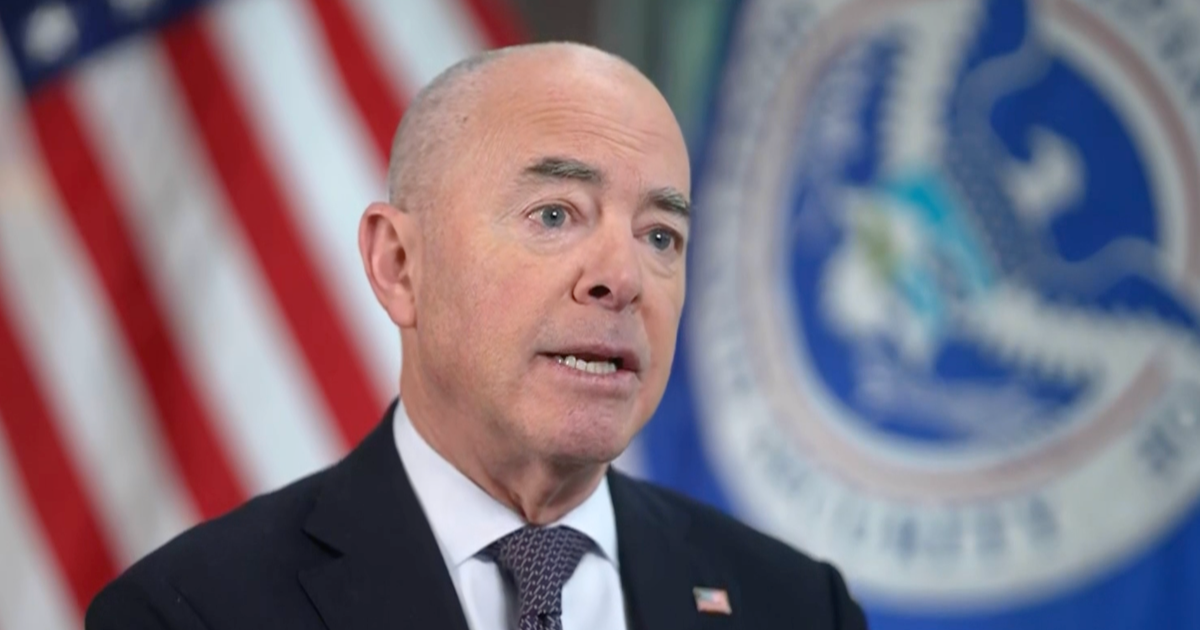Deadly virus outbreak kills 7 horses in Washington state
WOODINVILLE, Wash. - A deadly virus in King County, Washington, has resulted in the deaths of seven horses.
According to CBS affiliate KIRO-TV in Seattle, an outbreak of the Equine Herpesvirus Type-1, or EHV-1, struck the Gold Creek Equine Center in Woodinville.
The virus is a strain that doesn't respond to vaccines. Department of Agriculture veterinarian Dr. Brian Joseph said it's "incredibly contagious," capable of spreading via shoes or car tires. Horse owners and staff have been advised to wear hazmat suits, spray stalls with bleach and disinfect their shoes. Sick horses have also been separated from the healthy horses.
Joseph said the EHV-1 virus is common, but this particular strain is rare. It causes high fever, fatigue, weak legs and difficulty urinating.
The virus can also remain dormant in horses for years, and emerge with the onset of stress. Joseph said an outbreak can happen at any time, at any facility.
"It's very scary. [The owners] have been living through a nightmare for over a week now. There's been some loss of life," said Brooke Bendzak, a former trainer at Gold Creek.
Seven horses have been euthanized since the first case was discovered Dec.13.
"Horses are a key part of our family. And when you see your family sick, and you actually lose some of them, it's a terrible time," Mike Adams, one of Gold Creek's co-owners, told KIRO.
The facility is now getting help, thanks to a GoFundMe account set up to cover veterinary costs. It's raised nearly $14,000 in just a few days. Supporters have also been stopping by, dropping off cleaning supplies and other donations.
Adams said any leftover money will be given to the trainers and other staff at the facility, who are unable to pick up work at other centers during the quarantine.
He said the outbreak seems to be winding down, and most of the horses have broken their fevers.
"We need to get through this situation. We're hoping in the next few days, all the horses are in full track to recovery and can get out and do the things that make our horses so happy -- running and being ridden," Adams said.
Meanwhile, the Department of Agriculture is urging local horse owners to watch their animals for signs of infection, including fever, swelling of the limbs, discharge from the eyes or nose and neurological signs such as an unsteady gait and weakness.



